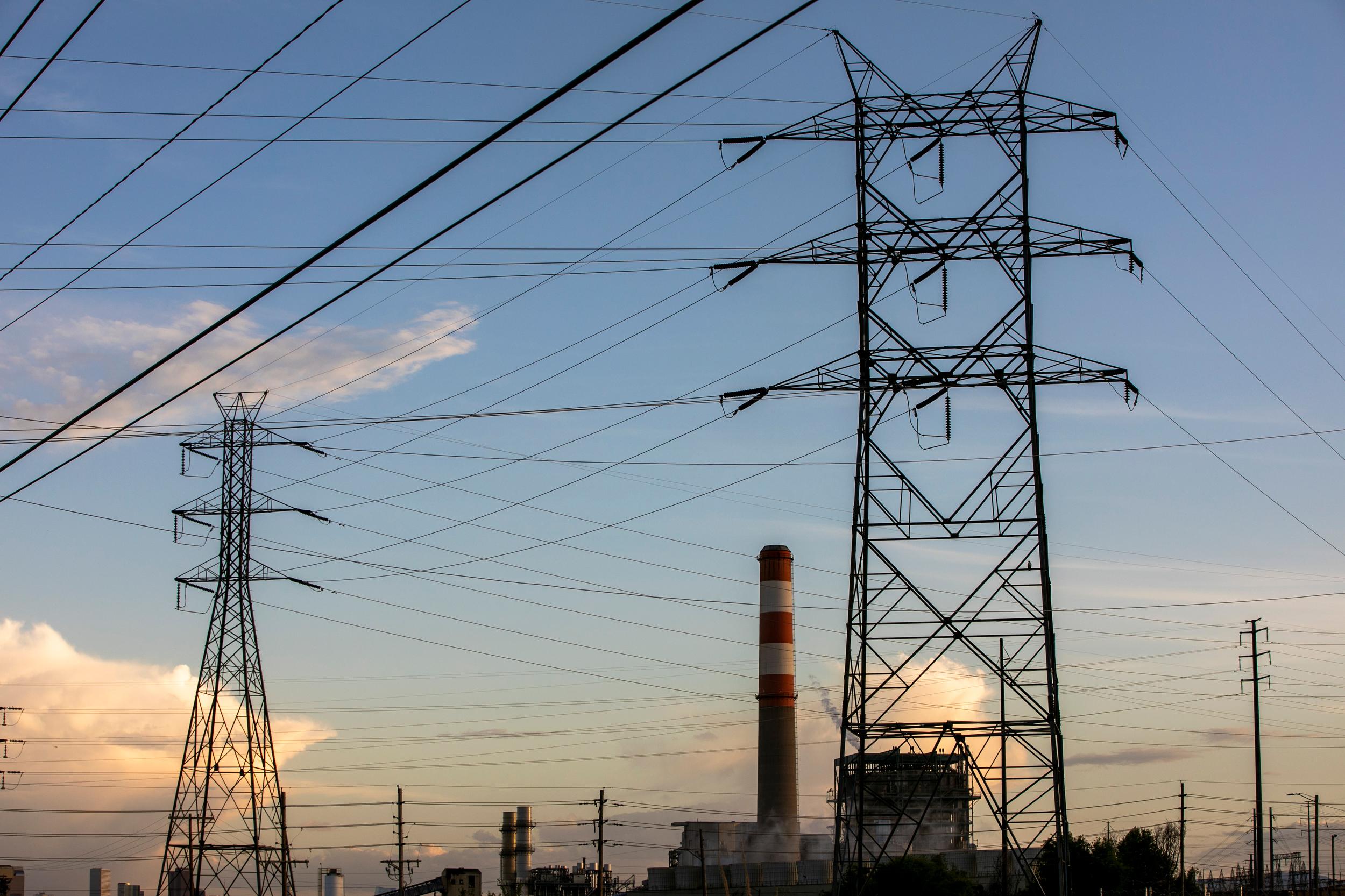
Climate change is already contributing to a sudden rise in the cost of homeowners insurance — leading to a new affordability crisis across the country.
Now a similar dynamic is contributing to increased insurance costs for Xcel Energy. And it appears the customers of Colorado’s largest utility could end up paying for it.
Last month, Colorado regulators approved a modified version of Xcel Energy’s request to delay accounting for a roughly $49 million charge the company paid in October for its “excess liability insurance.” The company relies on that insurance, cobbled together from several providers, to pay claims when its employees or equipment cause catastrophes like wildfires, which can lead to death or property damage.
The order from the state’s Public Utilities Commission allows the company to keep the premium increase off its books in the short term. In the near future, the state’s largest utility can petition regulators to let it bill those costs back to Coloradans in a rate case, which typically occur every few years.
In those cases, the utility commission decides how much Xcel Energy is allowed to charge customers for expenses like insurance or building new power plants. Historically, Colorado customers have covered Xcel’s insurance costs.
The nearly 300 percent insurance increase from last year’s rates comes as the company is fending off hundreds of lawsuits for its alleged role in the Marshall Fire. The utility has denied its powerlines played any role in igniting the most destructive fire in Colorado history, which burned more than 1,000 homes in Boulder County. Additional lawsuits also blame Xcel’s power equipment for sparking Texas’s largest wildfire.
Other utilities in the western U.S. have seen their own rates spike after juries found them liable for sparking wildfires. In 2023, an Oregon jury found the utility PacifiCorp responsible for starting four fires in the state and ordered the company to pay damages to thousands of homeowners. Since then, PacificCorp’s liability insurance jumped by $96 million.
A reprieve, with caveats
In September, Xcel Energy informed regulators that its liability insurance would increase in October, even after months of negotiations with its insurance providers. Regulators then fast-tracked a schedule to decide whether to let Xcel defer the expense so it could bill customers later.
Normally, if a large expense occurs outside of pre-set rates, utilities are on the hook to pay those costs. If they want customers to pay those costs instead, they must prove to regulators that the charges are volatile and outside of their control.
In a November hearing, Steven Berman, an Xcel Energy vice president, said the company’s Colorado cost hike was mainly due to wildfire risks. In the hearing, the company argued the cost increase was unprecedented, and it preferred to keep the expense off its 2024 financial statements.
“This is one where we feel is largely out of our control, has been very volatile, happened quickly and emergent, and without this tracking and deferral, there’ll be no mechanism to pick up the cost,” Berman said.
But in the hearing and in regulatory filings, consumer advocates urged regulators to deny the company’s request. Regulators and state officials also questioned whether the insurance spike was actually unforeseeable.
Justin Larson, an attorney with the Colorado Attorney General’s office, noted that the company is fending off wildfire-related lawsuits, has proposed at least two wildfire mitigation plans and that insurance costs are only expected to increase in the future, not fluctuate up and down.
“Wouldn’t it be fair to say that what the company considers extraordinary today might become ordinary in the future?” Larson asked.
In November, utility commission staff recommended that if juries find Xcel Energy responsible for starting Colorado fires, the company should not be able to bill back any insurance costs related to those fires.
In the end, regulators and advocates adopted a compromise. In a January order, regulators approved Xcel’s request to keep its liability insurance premium off its financial statements, but only until October 2025 or until the company’s next rate case, whichever comes first.
Xcel Energy is also not allowed to charge interest back to Coloradans for the premium increase, and must file a report in June that spells out how it’s reducing its insurance costs. Regulators also indicated their decision was a one-time exception given how common wildfires are.
“That wildfire risk is escalating across the West is painfully clear,” regulators wrote in the order. “We anticipate that the bar to demonstrate that liability insurance premium cost increases going forward are volatile or unforeseeable will be extremely high.”









